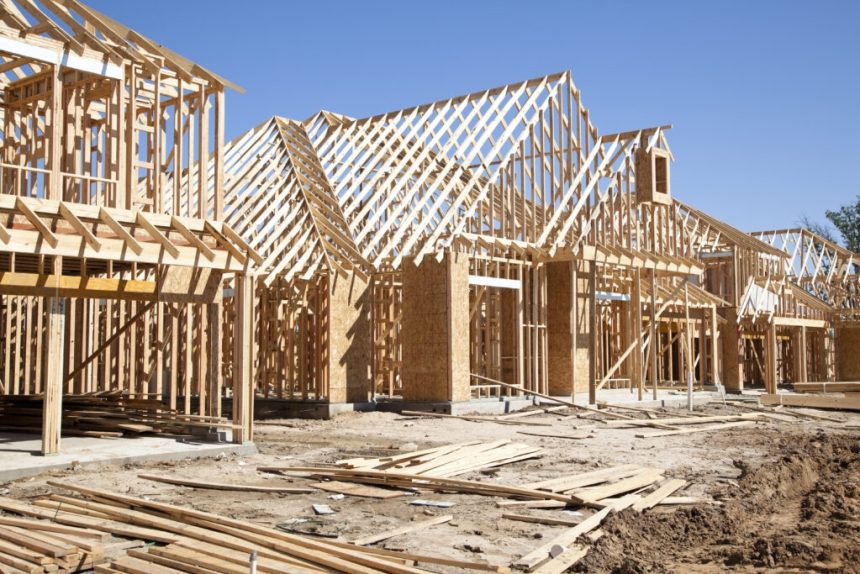Nigeria’s housing shortage is worsening as the country’s building materials industry falters under high energy costs, foreign exchange scarcity, and rising competition from cheap imports. Experts warn that unless urgent reforms are delivered, the housing deficit—already estimated at over 28 million units—will continue to grow.
What was once expected to be the backbone of affordable housing delivery is now crumbling. The consequences are visible across major cities, with developers abandoning projects midway and families forced to spend more of their income on rent. A bag of cement that cost about N5,500 in 2023 now sells for over N10,000, while iron rods have skyrocketed from N2,000 to almost N18,000 within two years.
“The problem goes beyond inflation,” said housing policy analyst Dennis Okafor. “We are dealing with an industry collapse. If energy is unstable and imports dominate the market, every project will stall and costs will continue to rise.”
Nigeria’s steel sector, once anchored on the massive Ajaokuta Steel Mill, has been reduced to less than five percent of its intended capacity, while rolling mills across the country have shut down. In the ceramics industry, over 80 percent of tiles and sanitary ware are now imported as factories in Kogi, Ogun, and Plateau close their doors. Glass and aluminium producers struggle with erratic operations, relying almost entirely on imported coils.
The paint industry presents a mixed picture. Large companies such as Berger and CAP Plc remain active, but smaller players have shut down due to high borrowing costs and reliance on imported inputs. “Eighty percent of our raw materials are still imported,” explained Mr. Jude Maduka, Executive Director of the Paint Manufacturers Association of Nigeria. “Whenever the naira slides, the cost of paints goes through the roof, and developers either halt projects or increase prices.”
According to Mr. Abdulhakeem Huthman, President of the Building Materials Producers Association of Nigeria, multiple taxation, poor infrastructure, and soaring energy bills are the biggest threats. “Our members in steel, ceramics, paints, and glass are being squeezed from every side. High energy costs alone make it nearly impossible to remain competitive,” he said.
The government has announced plans to revive the industry through the creation of Building Materials Manufacturing Hubs across the six geopolitical zones. These hubs are expected to provide shared infrastructure, energy access, and fiscal incentives such as tax breaks and duty waivers. Officials believe this could cut production costs and boost local output, but stakeholders remain cautious.
“What we need is delivery, not declarations,” Okafor stressed. “If these hubs succeed, they can transform housing delivery. If they fail, we will repeat the cycle of abandoned promises.”
Some industry players are trying to adapt. Paint companies are sourcing more local inputs like calcium carbonate, while small entrepreneurs are recycling plastics into roofing tiles and paving blocks. Developers are also experimenting with laterite bricks and interlocking blocks, which use less cement and are cheaper to produce.
Former BUMPAN president, Rufus Akinrolabu, believes Nigerians must rethink their preference for imported materials. “With proper technology, laterite bricks can last for decades, yet people dismiss them as old-fashioned,” he said. “We cannot solve a 28-million-unit housing deficit by importing everything. Necessity should be our mother of invention.”
Despite these innovations, the collapse of the industry continues to reflect in rising rents and property prices. In Lagos, a two-bedroom flat that sold for N15 million in 2023 now costs up to N35 million, while rents in areas like Lekki have doubled within two years.
For many Nigerians, the dream of home ownership is slipping further out of reach. As Huthman puts it, “Every time a factory closes or a project is abandoned, it is not just an industry problem—it is a social emergency.”



